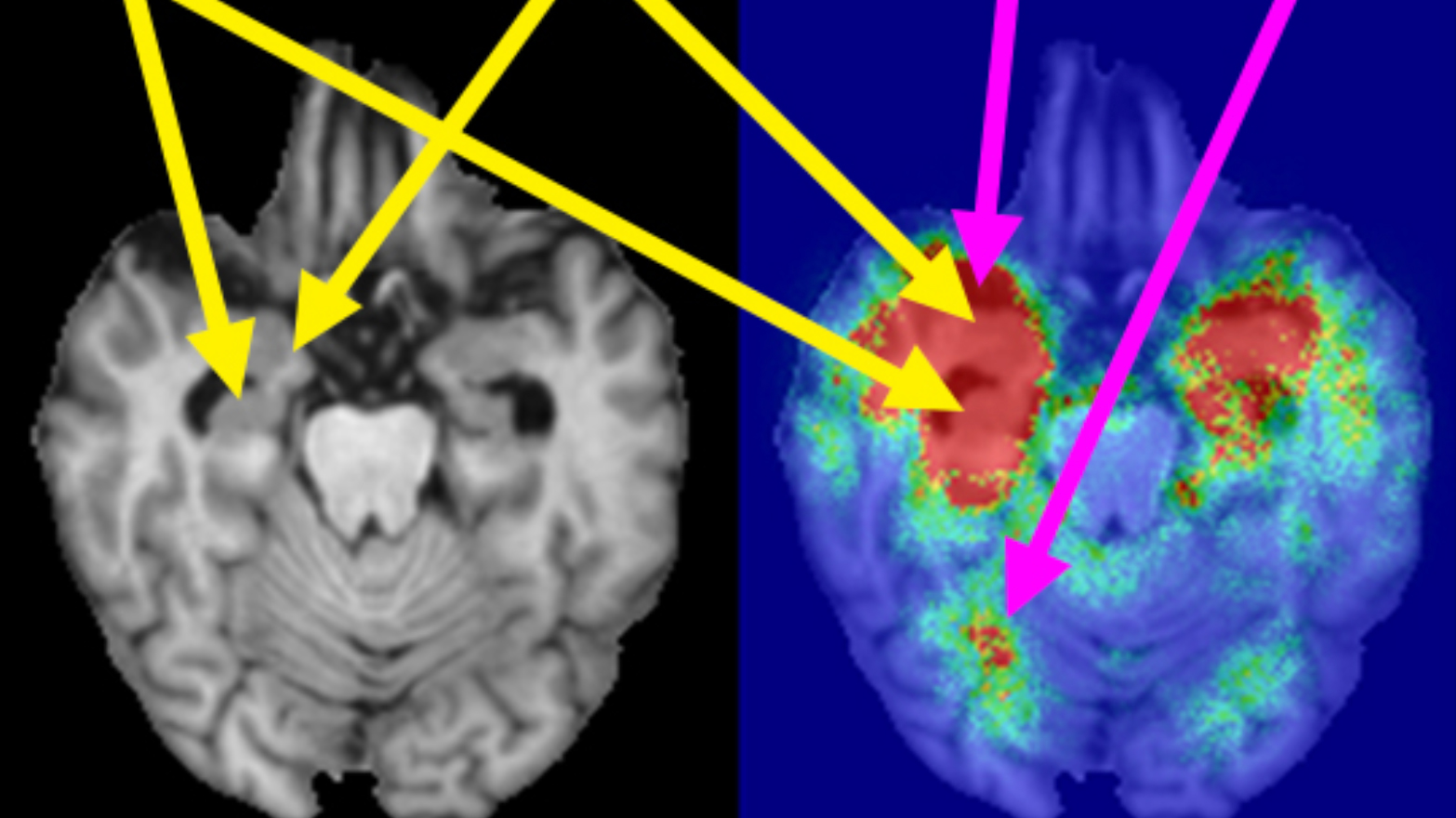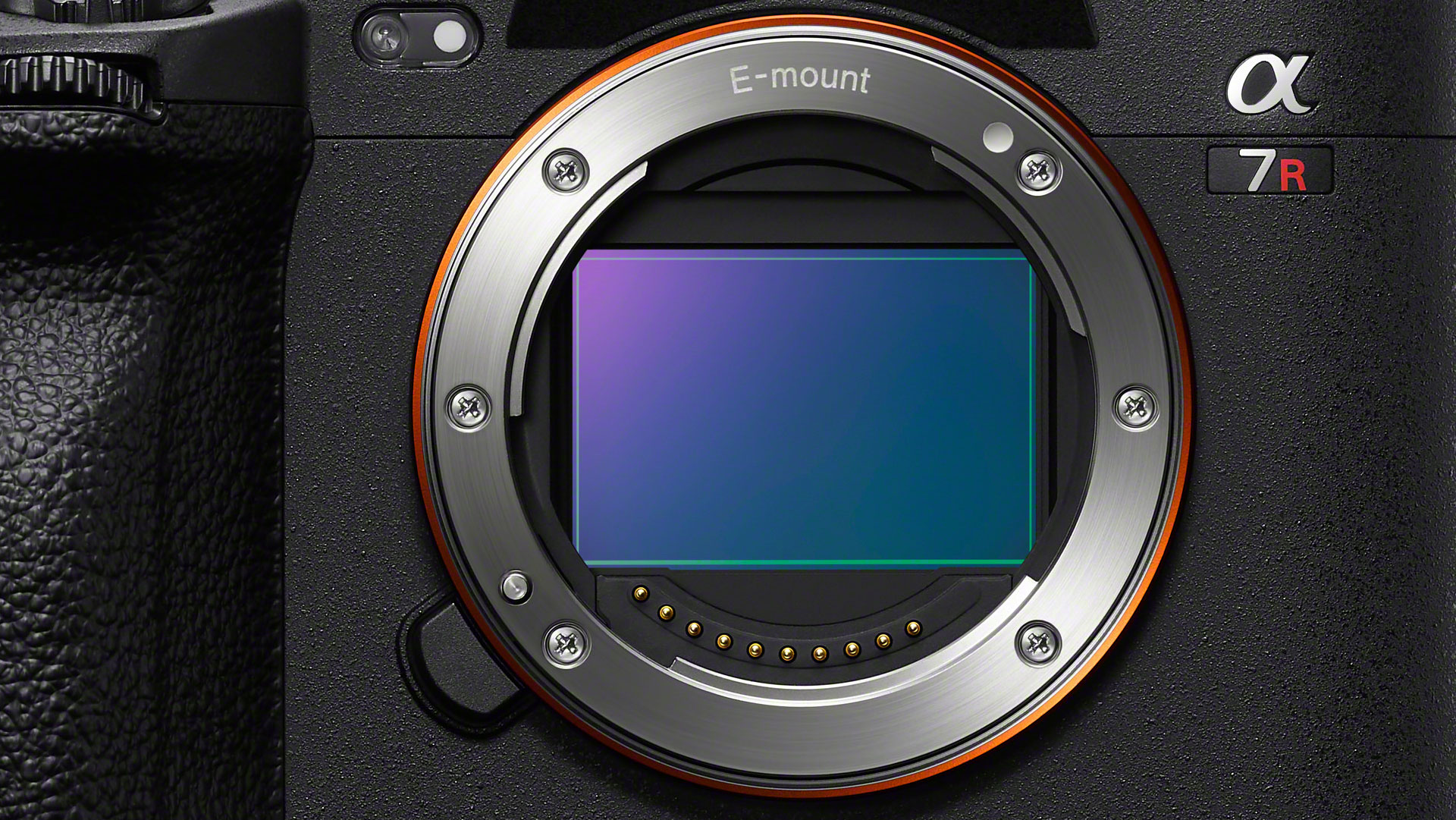Fujifilm develop AI technology that can predict the progression of Alzheimer's
Brand new deep learning AI technology could help predict Alzheimer's in patients with mild cognitive impairments

The best camera deals, reviews, product advice, and unmissable photography news, direct to your inbox!
You are now subscribed
Your newsletter sign-up was successful
Fujifilm and the National Center of Neurology and Psychiatry (NCNP) have just released new research which shows that AI technology could help to predict whether or not someone is likely to get Alzheimer's disease. By monitoring brain activity, Fujifilm and NCNP say that they are able to predict whether a patient with mild cognitive impairment (MCI) will progress to having dementia within two years with an accuracy of up to 88%.
Alzheimer's disease is the most common cause of dementia and it is estimated that 55 million people worldwide have the neurological condition that causes loss of memory. As the population ages, it’s expected that by 2050, more than 139 million people will suffer from the life-changing condition.
• How Photo Reminiscence Therapy could improve life for dementia patients
Using advanced image recognition technology, Fujifilm and NCNP have developed a way in which they are able to monitor the progression of Alzheimer's from three-dimensional MRI scans of the brain. Deep learning AI technology monitors the hippocampus and the anterior temporal lobe, two areas highly associated with the progression of Alzheimer's and detects fine atrophy patterns associated with Alzheimer's.
Atrophy is the progressive degeneration or shrinking of muscle or nerve tissues and in relation to dementia, it takes place in the brain. Two types of common atrophy’s are found in patients with MS - muscle atrophy which causes certain muscles to waste away and cerebral atrophy which is a loss of neurons and connections between neurons.
The research shows that when AI technology learns an entire brain, it focuses not just on the two areas usually associated with Alzheimer's but also on the cerebrospinal fluid (a clear colorless fluid found in your brain and spinal cord) and the occipital lobe which is the visual processing area of the brain.
By learning to differentiate between areas of the brain that are less relevant to Alzheimer's, it is much more likely that a highly accurate prediction can be made about the progression of mild cognitive impairment.
The best camera deals, reviews, product advice, and unmissable photography news, direct to your inbox!
While this technology cant be used to diagnose, prevent or treat dementia, it is hoped that further clinical trials will verify the usefulness of this technology. If the algorithm used to monitor the progression of dementia can also be used to monitor the progression of other mental and neurological disorders, it could help with prognosis and treatment responsiveness.
Read more:
Scientists invent a camera that can measure the size and location of tumors
2,000 patients screened for bowel cancer with Pill Cam - the camera you swallow
Discover the handheld camera will make diabetic eye screening quicker and easier

Having studied Journalism and Public Relations at the University of the West of England Hannah developed a love for photography through a module on photojournalism. She specializes in Portrait, Fashion and lifestyle photography but has more recently branched out in the world of stylized product photography. Hannah spent three years working at Wex Photo Video as a Senior Sales Assistant, using her experience and knowledge of cameras to help people buy the equipment that is right for them. With eight years experience working with studio lighting, Hannah has run many successful workshops teaching people how to use different lighting setups.
